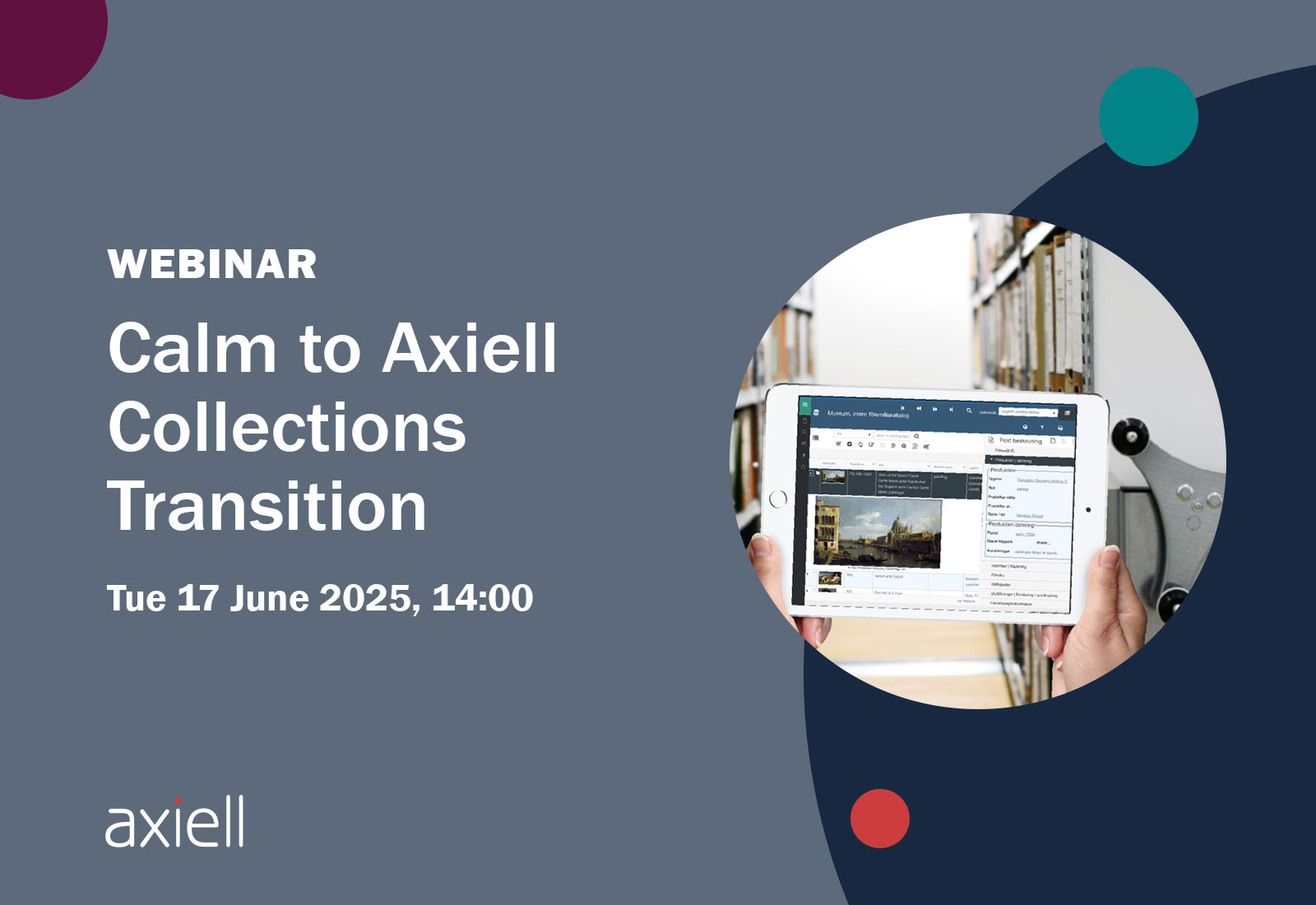
Mona Ekelund, teacher and librarian at the county library at Østfold cultural development, believes in the importance of libraries to create a culture for reading;
“The school library is not a room, but a method for teaching children to read.”
She believes that school libraries are often “the most sad rooms in Norwegian schools, because they have never been invested in”, and budget is often stated as the reason.
“It is so that if the principal is an open-air man, then you are going to be out for a walk. And if the principal is interested in literature, you may be fortunate that it is focused on reading. It can’t be that way. There must be an obligation to give all students high quality reading lessons so that they can become habitable readers.”
She states that a reading culture must be created at school and highlights Spangereid school as a good example:
“They have managed to gain support from all the teachers to commit to reading, without increasing their budget. They have built up a culture where they show that reading is important, pleasant and fun, and the result is that grades have increased across all subjects.
It is easier to create a reading culture in school than in leisure time. Outside the school there is much competing for attention. With many leisure activities, it may not be the most exciting to sit down and read, for those who have not experienced living in a book. It is therefore absolutely necessary to do so during school hours, I think. At school, reading can easily compete with other activities. The book has a chance in the competition, against for example maths, and when the students enjoy reading, it is a win-win situation,” she says.

Good role models are also important when encouraging reading;
“At Spangereid school the teachers also read, to show that reading is important, fun and inspiring. Every month they have plenary sessions where older students share books that they have read with younger students, to again show the importance of reading and become good role models.
In addition, it is important to have a book collection that is sufficient in terms of quality and selection. At Spangereid school, they have certainly ignored old quality criteria. They have, in addition to having literary quality, focused on books in “cool” genres, such as serials and comics. Which may not be literally important, but engages students and makes them read. It creates reading pleasure that you find books you recognise in or can dream away in.
The school libraries know the collections and opportunities, and know what to buy more of. The teachers know the pupils, know if the individual reads well and can present the person in question, another needs more support, and perhaps the audio book next door.
They eventually know the taste of the students and can suggest books. People are quick to come home with the wrong book, if they do not get help. This can mean that reading is neither easy nor fun,” she says.
There is frightening research into a lack of reading skills, and Ekelund says that there is an over-representation of people with reading difficulties in prisons. She states;
“Having poor reading skills is an easy way to fall behind and can make it difficult to get far in education and get work. It is quite serious and is focused on vocabulary, as something we get through reading. The nuances of the language are important when we interact with others. You need 50,000 words in your vocabulary as an adult. 17-year-olds who have read a lot already have such a rich vocabulary, but those who have not read much are often down to 15,000 words.”
Ekelund is told that it takes so long to get the school management to understand that it must work in a different way with reading education.
“We must understand that the school library is not a room, but a way to achieve the goal; To bring all the students along to what is the school’s most important task, namely to teach children to read. It is not an excuse that the budgets are tight. Spangereid school did not spend a dime extra, and has achieved fantastic results.”
We at Axiell believe all students are entitled to a modern and complete school library with educational functionality. Therefore, we have developed a modern system that allows digital collaboration between teachers, librarians and students.
Best of all? The pupils bring the school library with them wherever they are.
To learn more about WeLib, receive pricing information, or if you have any further questions, please follow the links below:




